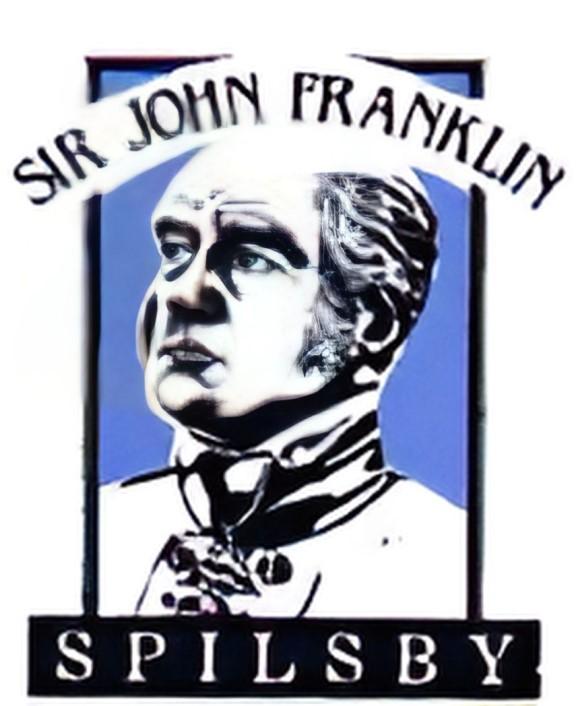Reasonable Adjustments Policy 2024

Reasonable Adjustments Policy 2024
Next review: July 2026
Reasonable Adjustments Policy
October 2024
Contents
1. Background and Legislation 3
2. Commitment to provide reasonable adjustments 3
3. What are reasonable adjustments? 3
4. Decisions about what is ‘reasonable’ 4
5. How to request a reasonable adjustment 4
6. Reasonable adjustments to the Council’s Complaints Process 4
7. Appeals 4
Contact Details:
Town Clerk
Franklin Hall
Halton Road
Spilsby
PE23 5LA
01790 753189
townclerk@spilsbytowncouncil.gov.uk
1. Background and legislation
Ensuring Spilsby is an inclusive place for everyone is a priority for Spilsby Town Council. As a public services provider Spilsby Town Council must take steps to remove barriers that people with disabilities and/or additional needs may face in accessing services.
This policy statement does not explain how Spilsby Town Council will approach every instance where a resident with disabilities or additional needs requires an adjustment. It is a general statement outlining Spilsby Town Council’s commitment to ensure people with disabilities are not disadvantaged when accessing services.
As set out in the Equality Act 2010 Spilsby Town Council has a duty to make adjustments where:
• there is a provision, criterion or practice which puts a person with a disability at a substantial disadvantage in comparison with persons who are not disabled.
• a physical feature puts a person with a disability at a substantial disadvantage in comparison with persons who are not disabled.
• a person with a disability would, but for the provision of an auxiliary aid, be put at a substantial disadvantage in comparison with persons who are not disabled.
Spilsby Town Council aims to adopt the ‘social model’ of disability and reflect this in its policies and ways of working. The Social Model of disability, states that people are disabled by barriers in society itself, not by their impairment(s) or medical condition(s). The model recognises that removing barriers is as much about encouraging positive attitudes and behaviours as it is about removing physical barriers.
Under the Equality Act 2010 a person is considered as having a disability if they have a physical or mental impairment that has a ‘substantial’ and ‘long term’ negative effect on their ability to carry out normal day-to-day activities.
2. Commitment to provide reasonable adjustments
Spilsby Town Council is committed to ensuring that our services can be accessed by
residents with disabilities and/or additional needs.
Wherever possible, council staff will anticipate where an individual may benefit from reasonable adjustments and discuss this with them. In some cases, Spilsby Town Council may need to receive supportive information from other agencies about someone’s needs, in order to understand how best to apply the reasonable adjustment.
Staff will receive training that is specifically aimed at promoting diversity and addressing barriers that individuals from protected groups (including people with disabilities) may face when accessing services.
3. What are Reasonable Adjustments
Typical examples of reasonable adjustments include:
• Communication; for example, having a telephone/video call instead of email exchanges, providing information in alternative formats (e.g. large print/braille) or a sign language interpreter.
• Policy, procedure or service change; for example, extension of time limits (where lawful) or changing the duration, format or location of a meeting to suit someone’s needs.
• Physical alteration; for example, an alteration to premises such as a ramp, lift or wider doors.
4. Decisions about what is ‘reasonable’.
Typical examples of reasonable adjustments are set out above. Decisions on what is ‘reasonable’ will depend on individual circumstances, however, the following points will be considered in reaching a decision:
• How effective the adjustment(s) will be in assisting someone with a disability and in preventing or reducing the possibility of them being at a disadvantage.
• The practicality of making the adjustment(s).
• The cost of the adjustment(s) and whether this is possible within resources.
• Any disruption to the service that making the adjustment(s) may cause.
Where a reasonable adjustment cannot be made, Spilsby Town Council will explain this decision to the person/s involved and work with them to try and find an alternative solution.
5. How to Request a Reasonable Adjustment
Spilsby Town Council staff are encouraged to anticipate where a resident may benefit from reasonable adjustments to access services. There are also a number of ways adjustments can be requested
• In writing, e.g. emailing townclerk@spilsbytowncouncil.gov.uk explaining the adjustment/s and why it is needed.
• Over the phone, by calling 01790 753189.
• By a friend or family member on an individual’s behalf where they have that individual’s permission to do so (over phone or in writing).
6. Reasonable adjustments to the Council’s Complaints Process
Reasonable adjustments to the Council’s complaints service can be made where necessary to ensure residents with a disability are not at a disadvantage. Examples of potential reasonable adjustments are:
• Using the person’s preferred communication method throughout the complaint process.
• Not insisting a complaint be made in writing where this presents a barrier or disadvantage to an individual due to their disability or additional needs.
• Allowing an extension of any time limits of corporate complaints (where it is lawful to do so).
• Providing information in alternative formats e.g. Braille, large print or on coloured paper.
7. Appeals
If a resident is dissatisfied with the arrangements or decisions the Council has made regarding a reasonable adjustment, the Council will respond in accordance with our Complaints Procedure. When reviewing the decision, the Council will seek advice from specific disability groups if necessary.
